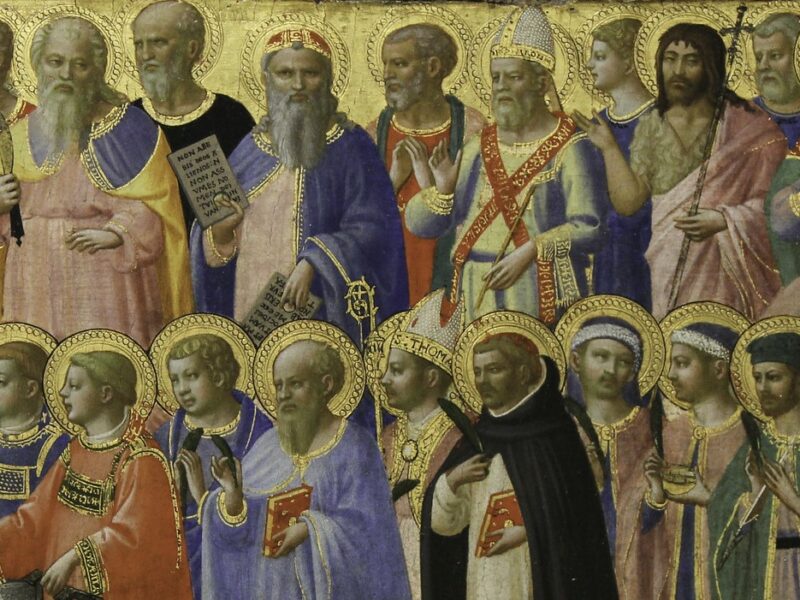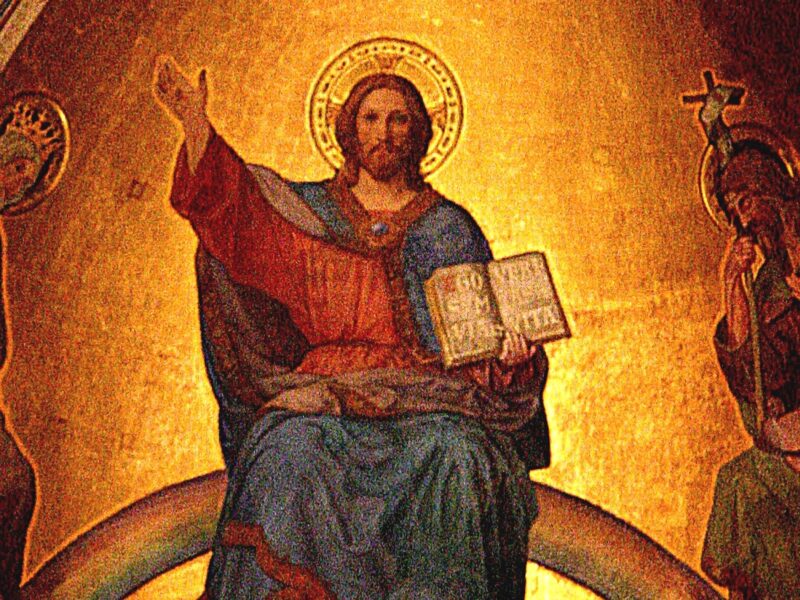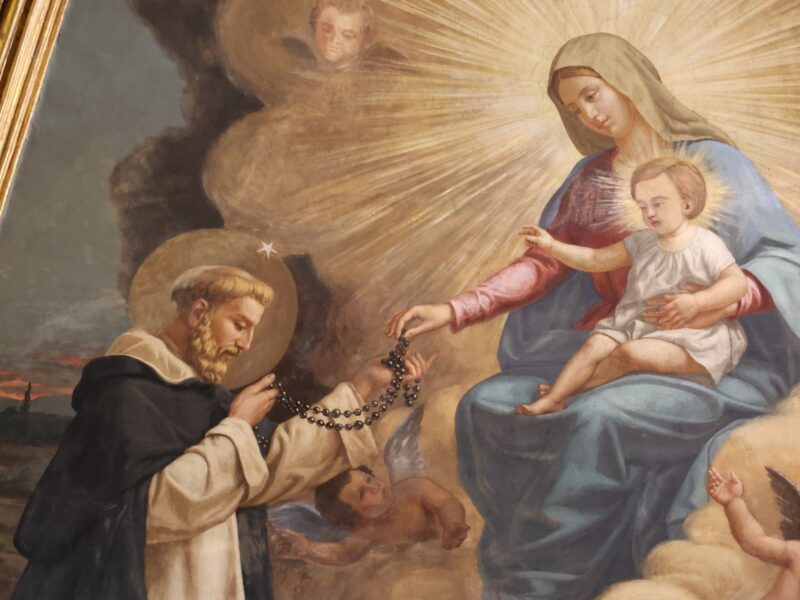
Working With God
Twenty-Seventh Sunday of the Year. Fr John Patrick Kenrick suggests that today’s parable is not about punishment but hope.
In first century Galilee, vineyards looked very like the vineyard in today’s parable. The hedge was for keeping out predators and the watch tower for dissuading intruders. In Nazareth, archaeologists have uncovered a winepress cut into the limestone with a vat below for collecting the grape juice. It once had no less than five watchtowers. So the description of the vineyard in the parable is historically accurate.
It was not unusual for a rich man to plant such a vineyard and then leave it in the care of tenants while he pursued his business affairs. One can imagine how, with the passage of time, the landowner’s rights might be disputed. The tenants might well come to see the vineyard as theirs and the landowner would be forced to reassert his rights. It is not difficult to see too why the tenants would be furious at the prospect of losing what they had come to consider as their own. Â
But what does this parable mean? It is often called the parable of the wicked tenants and it is also found in Mark chapter 12 and in Luke chapter 20. Jesus is using this parable and the one we heard last week to respond to the chief priests and elders who have questioned his authority and he is bluntly predicting that they will reject his teaching and that he will die at their hands. Â
Today’s reading from Isaiah would have been very familiar to Jesus’s audience. It reminds us that in the Old Testament (as also in rabbinic literature) the vine or vineyard is a symbol of Israel. Isaiah is lamenting the failure of Israel to live up to its covenant with God. In the gospel parable too, the vineyard stands for God’s people but the criticism is directed at the tenants rather than the vineyard itself. It is not difficult to see that the owner of the vineyard is God. One of the words that refers to him is kurios or ‘lord’, a reference to God who is the Lord of Israel. The tenants are of course those who exercise moral authority – the chief priests and the Pharisees; and according to Matthew 21:45 they fully understand that the parable is attacking them. The maltreated servants are the prophets whom God kept sending to his people to remind them of his covenant. It was common knowledge that some of the prophets in Israel’s history had been killed.Â
Matthew’s readers would have grasped that Jesus, cast out of Jerusalem and crucified, is the murdered heir to the vineyard. The parable is a stark reminder that the religious authorities in Jesus’s day did fail to recognize him as the Messiah and did reject his teaching; but it is too a statement of God’s abiding concern for his people and a declaration that God’s plan cannot be thwarted by men. In that sense it is very encouraging. Â
There is surely here an implicit warning too for the new leaders of God’s people. St Paul was at pains to remind the early Christians of the great responsibility of those who are in charge. Leadership must be about service and about nurturing God’s people. Christian history has seen its share of failures in moral leadership but it also has no shortage of courageous saints. When Jesus asks his listeners what the master will do to the wicked tenants they naturally assume that he will punish them and find new, more worthy tenants.Â
This assumption perhaps reveals their own rather fearful relationship with God. Jesus responds in a more positive vein. New tenants alone would not be a solution – the point is that the rejected crucified son has been vindicated and has become the corner stone of a new people, a new kingdom. The vineyard is now quite definitely a joint venture with the Son of God. God is not concerned with punishment but with establishing a people who will bear spiritual fruit. What qualifies us to be part of God’s people is fully within our grasp – cooperation with Christ in witnessing to God’s mercy. It is good to be reassured that God’s plan for his people cannot fail. All that is really at issue is whether we as individuals want to be a part of its success.Â


